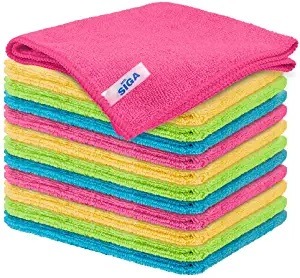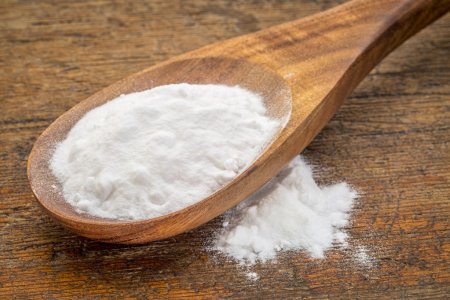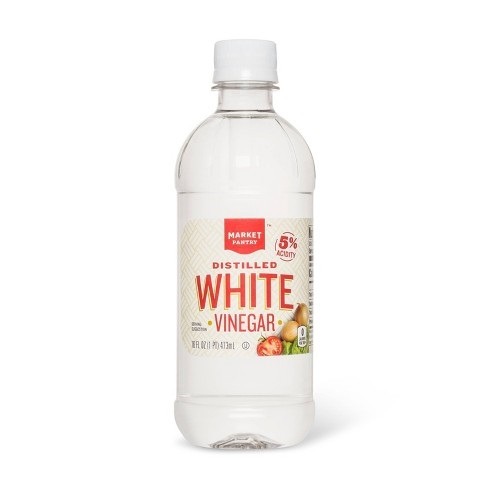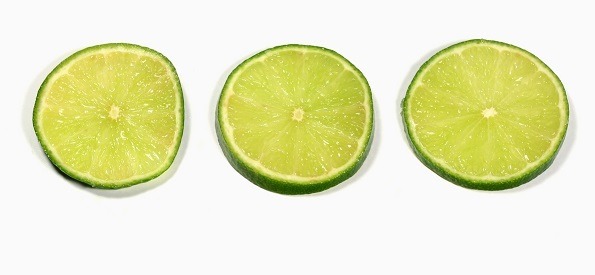One area in a home that many people are very keen on keeping super clean is the kitchen. You most likely frequently wash your countertop and use a kitchen cloth to wipe it down.
However, have you ever thought the same kitchen cloth you are using for wiping a wet countertop, spilled meals, and in some instances, even clean up kitchen sink spills might very well be the filthiest thing in the kitchen?
It may simply not be enough to casually wash or rinse the cloth. With the arrival of the super absorbent cloth, the threat of more contamination is widespread because its absorbent nature is ideal for bacteria growth.
For this reason, it is important to ensure you clean your kitchen cloths properly, using the right techniques and the best cleaning products.
Aside from that, using powerful detergent solutions will leave the kitchen full of unwanted and sometimes even hazardous chemicals, which aren’t only bad for the atmosphere but also cause extensive damage to the skin of the one handling the chemicals.
If you like cleaning your kitchen with natural products, you can extend this good practice to cleaning other items in your kitchen using natural products as well.
Uses of Kitchen Cloths

Kitchen cloths are a must-have in every household as a commonly used item in the kitchen. The kitchen cloth has multiple uses, inclusive of;
- Drying your hands while working in the kitchen
- Wiping spills and dirt from the kitchen counter and table
- Preventing the cutting board from sliding
- Used as a potholder
- Wring out excess water from the vegetables
- Used as a table mat for hot pots
- Keeping your cooked food warm
Due to its versatile nature, after some time, the kitchen cloth can absorb or develop bad odor that can fill the whole room.
Furthermore, they attract bacteria and germs that can cause contamination even to your food.
Dirty kitchen cloths can be really disgusting that you may want to throw it away, especially in the case of smelly or slimy kitchen cloths.
However, that should not be the solution. Kitchen cloths are recyclable and giving your cloth a thorough cleaning makes it safe for use once again.
In the market, there are many commercial cleaners such that it may be confusing to choose the most suitable one.
Instead of going through the hustle and expense of purchasing commercial cleaners for your kitchen cloths, you can use natural products to clean your kitchen cloths.
Some obvious advantages of using natural products is that they are easily accessible and safer for use in cleaning your kitchen cloths.
Some of the natural products you can use include;
- Baking soda
- Lemon juice
- White vinegar
- Salt
Why use natural cleaning products
- Safer to use compared to the chemicals in commercial cleaners.
- Easily accessible products from your home.
- Cheaper compared to most commercial cleaners.
- Environment-friendly as they don’t contain any pollutant.
- Knowledge of the ingredients you are using, unlike commercial cleaners.
Baking Soda

Baking soda is a natural deodorizer and cleanser. Cleaning with baking soda eliminates any bad odor and stains as well as makes the fabric brighter.
Procedure
Mix a gallon of water and a cup of baking soda to make a solution of baking soda.
If your cloth is filthy, it would be preferable to pre-soak it in the baking soda solution throughout the night. The baking soda loosens the stains and also acts as a deodorizer.
The solution absorbs the strong odors from the kitchen cloth. Ensure that the cloth is completely soaked in the solution by swirling it around. The following day the cloth will be ready for washing.
The next day you can briefly handwash the cloth to remove the remaining loosened dirt.
Alternatively, launder the cloth in a washing machine and let it run like normal laundry does with a fresh solution of baking soda.
In the case of stubborn stains, use hot water to clean the cloth. The hot temperature is effective in killing of dirt and bacteria. Use cold water for colored and delicate kitchen cloth materials.
Addition of some white vinegar will increase the deodorizing effects and also kills 99% of bacteria.
Rinse your cloth with running water and dry. You can choose to dry them in the dryer, or out in the sun, or also inside your kitchen.
If you prefer the dryer, make sure to run the cloth several times till it is completely dry. If you opt to dry it in the kitchen, lay the cloth flat on a surface.
Storing or using a wet cloth will be counterproductive to the benefits you will have gained from the use of baking soda since wetness / dampness attracts germs and bacteria, causing bad odors.
Removing spot stains with baking soda
Baking soda as a great natural stain remover produces great results on most fabrics.
Procedure
Create a thick baking soda paste by mixing baking soda with a little water, hydrogen peroxide or, white vinegar. Baking soda works well to remove stains from food, grease, dirt or oil.
On the stain, apply some of the paste and make sure it covers the whole area by rubbing using your fingers. Leave it for a quarter an hour for the paste to take effect.
You can scrub the area using an old toothbrush or a soft brush so as to treat the entire fibre. This method is effective on thick cotton materials.
On delicate fabric such as silk and thin fabrics, do not scrub the material as they can start warping.
Boiling the cloth with vinegar and baking soda solution

Boiling is an effective way to destroy germs and bacteria due to the high temperatures.
Procedure
Add clean water in your pot till it’s almost full. In the water, add two to three tablespoons of baking soda and a cup of vinegar and lemon juice which are natural and safe cleaning agents.
Place the cloth in the solution and let the pot of water come to a boil. Boil the cloths in the solution for about 15 min as you stir.
When the water boils, let the cloths stay inside for the solution to work on the material. When the water cools, drain the water and remove the cloth.
Rinse the cloth with clean running water to get rid of the solution. Air-dry the cloth out in the sun or a drying rack. This process not only cleans your cloth but also absorbs odor.
Lemon, Vinegar and Salt
Lemon and vinegar are not only deodorizing agents but also efficient cleaning agents. Lemon contains bleaching and anti-bacterial properties, while vinegar has deodorising and anti-fungal properties.
Adding a bit of salt to this mixture can also add to its potency.
Procedure
Add a bit of salt in equal amounts of lemon juice and vinegar. Pre-soak the kitchen cloth in the solution and let it stay for a few hours.
Using a soft brush, scrub the cloth to get rid of the stains and to get the solution into the fiber’s pores.
After a few hours, take out the cloth and rinse it thoroughly with clean water. Rinsing with warm water kills any remaining bacteria and germs.
Dry the cloth well before use. This leaves your kitchen cloth smelling fresh and bacteria-free. You can work through with the procedure as often as you’d wish.
Vinegar solution in the microwave
In this case, the microwave proves to be a piece of multi-purpose equipment. Aside from cooking and warming food, your microwave can come in handy as a cleaning tool.
The heat from the microwave is ideal in sterilizing and killing bacteria and germs from your kitchen cloth.
Procedure
First, soak the cloth in a solution of vinegar and water for some minutes. Scrub the cloth with a soft brush and place it on high heat in the microwave for about 15 seconds.
The high heat from the microwave kills the germs and bacteria on your cloth, leaving it clean and sterile.

